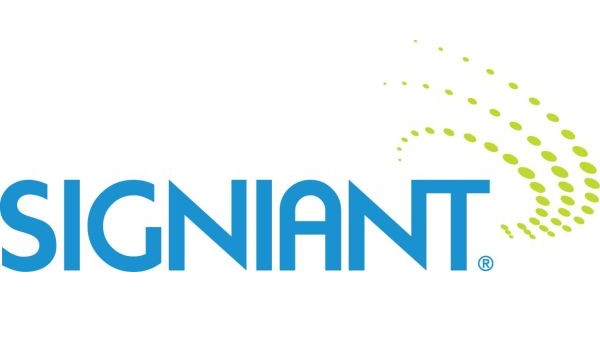T-VIPS contributes for Sky Italia
The professional video industry's #1 source for news, trends and product and tech information. Sign up below.
You are now subscribed
Your newsletter sign-up was successful

Sky Italia is building a next-generation contribution network to provide video transport with fully redundant network routing between studios and other points of presence in Milan and Rome.
The project will rely on T-VIPS TVG425 MPEG transport stream and the TVG450 JPEG 2000 video gateways to support video transport. Supplied by T-VIPS business partner CVE, the T-VIPS solutions are being integrated with the network, which will go live in the first half of 2011. The deployment connecting Milan and Rome is the first phase of Sky Italia's project to move to an advanced future-proofed all-IP video contribution network.
The contribution network has been designed for maximum flexibility and supports MPEG-2/4, uncompressed SDI and JPEG 2000 compression. The TVG425 MPEG Transport Stream has in-built input switching, which provides Sky Italia with automated redundancy for ASI and IP transport streams. This removes the need to deploy separate dedicated switching equipment to achieve full network redundancy.
The TVG450 enables Sky Italia to deploy JPEG 2000 compression for the real-time contribution and distribution of broadcast quality video over IP networks and supports lossless and visually lossless compression, reducing bandwidth requirement without affecting video quality.
"The T-VIPS video gateway solutions enable us to transport video over IP without any discernible loss of quality in the final consumer service," says Massimo Bertolotti head of platform engineering and innovation for Sky Italia. "We chose the T-VIPS solution because in our tests the equipment demonstrated very high quality combined with robustness and stability."
Designed for real-time contribution and distribution of broadcast quality video over IP networks, the TVG450 enables transmission of compressed 3G, HDTV and SD television over Gigabit Ethernet and provides increased density, with up to one 3G-SDI, three HD-SDI or four SDI channels in each unit.
The TVG425 provides transparent handling of up to eight independent MPEG Transport Streams (TS), flexible interfacing with support for ASI, Ethernet and SONET/SDH, as well as output diversity and input switching capabilities.
The professional video industry's #1 source for news, trends and product and tech information. Sign up below.
